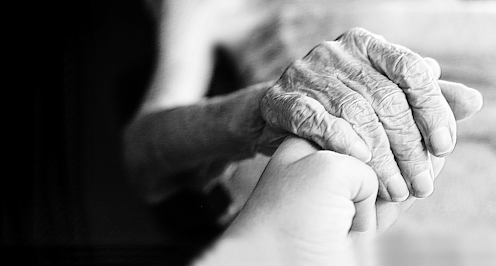Carers of older Australians need more support – but we found unpaid extended leave isn't the best solution
- Written by Catherine de Fontenay, Honorary Fellow, Department of Economics, The University of Melbourne

Aged care is being hit both ways by the ageing of Australia’s population. While population ageing is increasing the number of Australians in need of formal care, it’s also reducing the proportion of working age people able to provide formal care.
To help bridge the gap, we are going to need to make it easier for working age Australians to provide informal care for parents and partners living at home.
The Royal Commission into Aged Care Quality and Safety[1] suggested a way. In 2021, it asked the government to examine requiring employers to offer unpaid extended leave for carers of older Australians.
In February 2022 the government asked the Productivity Commission to conduct the examination. I was one of the two commissioners appointed to lead it, and last week we released our position paper[2].
Here’s what we found, and how you can have your say.

















